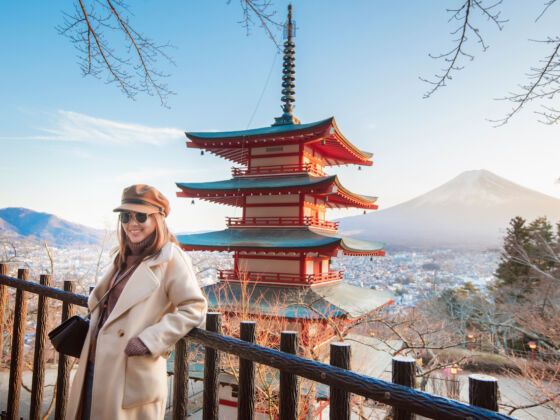Two things went through my head when my Japan move became a reality.
1. I hope I’ll still be able to watch Netflix (I can)
2. What the $%&! am I going to do with all my stuff?!
I don’t like the term “pack rat,” I prefer the term “sentimental keeper of mementos.” That’s a term right?
Before moving to Japan, I saved everything. I was an expert at jamming my precious possessions into every little nook and cranny an apartment could offer. No space was unexploited, no suitcase ever stood empty. When you save everything, you get really good at shoving things into other things.
